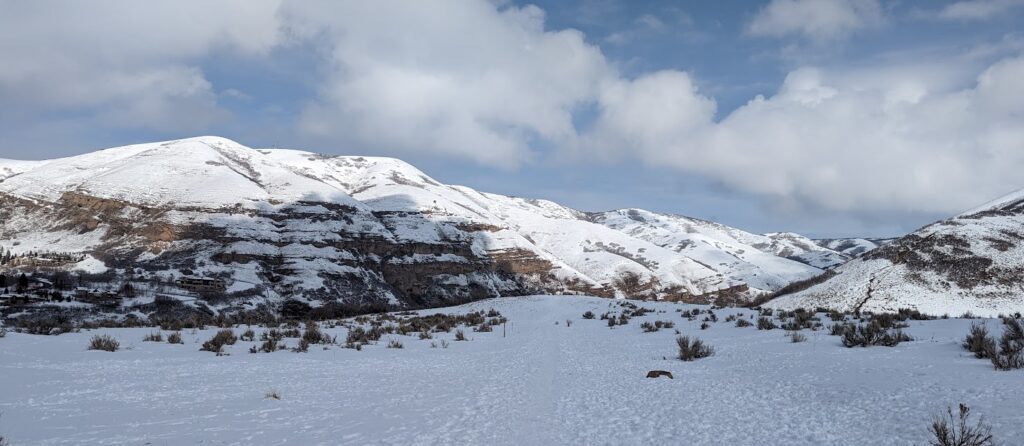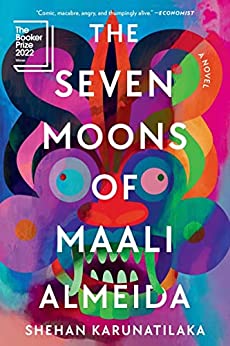
Change is in the wind. The kids keep growing, with college a couple years off. People I know — peers! — are retiring from longtime jobs.
It’s exciting (things can be different) and terrifying (what will happen?). Also the rain keeps coming, so it’s a great time to curl up with a book. I’ve been drawn into meditative stories lately, musings about life and what it means. I love how writers and artists lay out their own fears as a way into understanding and dealing with our own.
I’m still processing the funny, outrageous novel The Seven Moons of Maali Almeida by Shehan Karunatilaka. Set during Sri Lanka’s brutal civil war, the 2002 Booker-winning Seven Moons follows its narrator after his violent death, in a sort of Bardo waiting zone with imaginative, byzantine rules. You can only go where you’ve been in your life, or following a breeze or the sound of your name, and you see what’s going on but have quite limited ability to participate.

Before his death, Maali Almeida was a disillusioned, energetically dissenting gay photojournalist, a gambler, unreliable, in love with the closeted son of a politician. In the afterlife he’s working to get his photos, which expose political atrocities, shown to the world. He’s also a sort of lazy, half-interested sleuth in the whodunit of his own death. There are plenty of suspects; political murder is being committed by the Sri Lankan government, the Tamil Tigers, the Indian Government Special Forces, and other shadowy actors.
But as Maali floats through the worlds of his possible killers, friends, and lovers, the matter of the photos, which starts as an urgent drive to change the course of the war, and even the question of who killed him, becomes less important. The mysteries of what happened is answered, but the reveal feels like an aside, not the main story. By the time he finds out, it doesn’t matter so much. The main story is, What is lasting in life? What things will we regret? How do those we’ve failed forgive us? It’s a beautifully written, energetic and surprising book, with great depths of feeling.
My recent books are usually listed here.
A film that recently touched me was Aftersun, from A24 Films, which made Moonlight, Ladybird, and a little thing called Everything Everywhere All At Once.
Aftersun is a dream-like, languid reminiscence of an 11-year-old’s holiday with her father, as remembered by the woman as a young adult with her own baby. There are no big dramas, just many small moments on a pretty ordinary getaway. The trip may have been one of the last times they spent together, and certainly the girl, at the brink of adolescence, is about to leave childhood behind, so there’s a feeling of loss and sweetness. It’s a brave film that doesn’t need to have a speech explaining everything, so you’re buoyed along.
A.O. Scott, in his review of Aftersun in the NYTimes, makes this startling but I guess obvious point:
The relationship between a parent and a child is wired for heartbreak — a primal attachment headed for an inevitable double grief. Kids grow up and flee the nest. Parents die. It’s the natural order of things, calamitous even when no untimely tragedies intervene to amplify the pain.
So well put! I never thought of it quite this way. It’s true more broadly of life. We have a short time here, and that gives things a poignancy which can get lost in the hurlyburly of everyday. But it’s nice, on a rainy wet afternoon, to spend a few minutes thinking about how precious it all is.
Photo: the mountains above Salt Lake City, where I got the chance to catch up with my work associate and friend Gwyn Fisher for some work-planning-while-hiking. Much recommended!

